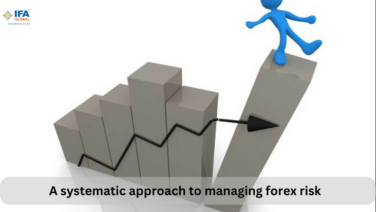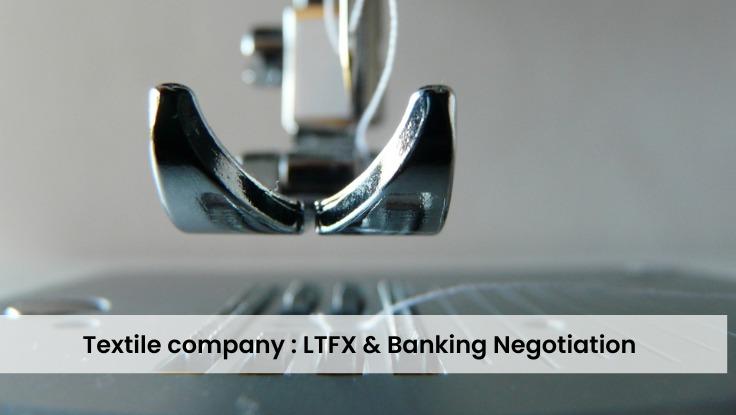Pharmaceutical: ECB Hedging & Bank Negotiation
3 January 2023 | By IFA Global - Category Treasury

About Client:
- One of India's leading chemical raw material manufacturers that provides a variety of science-based products and services that meet specific healthcare needs. It has a presence across 120 countries with its parent entity located in Japan.
| Industry | Savings | Scope of Work |
| Pharmaceuticals | INR 22.8 Crores | ECB Hedging & Bank Negotiation |
Client Requirement:
- The client had availed a long-term loan of 1.7 Billion JPY (Approx INR 100 crores) in the form of External Commercial Borrowing (ECB) from its parent entity.
- The tenor of the loan was 6 years with a bullet repayment option at maturity. The coupon was fixed at LIBOR +0.25% with a quarterly reset.
- The company approached IFA global to evaluate all the risks associated with the borrowing and prepare a note for presentation to the Board.
IFA Global’s Approach:
- IFA Global’s corporate finance team evaluated the term sheet of the borrowing arrangement and assessed the various risks associated with the loan.
- As the loan was availed from parent entity, there was no interest rate exposure on the overall group level. However, the Indian entity was exposed to risks in 2 different currencies-USDINR & USDJPY.
- IFA studied the RBI regulations and discussed with multiple bankers on all possible hedging strategies for hedging the ECB.
- IFA’s team prepared a detailed note with comprehensive hedging models and risk/reward matrix and presented it to the Board. IFA’s Banking negotiation team also assisted the entity in executing the hedges pertaining to the ECB
Impact Delivered:
- IFA’s team calculated the volatility in JPYINR using back-tested data and found that both currencies (USDJPY & USDINR) have been historically quite volatile. The team observed that the JPYINR average movement in the last ten years is only 2.40%. Concurrently, there has also been steep depreciation to the tune of 25% in a single year.
- With the forward premium of 7% and an average annual movement of 2.4% over the last ten years, IFA suggested exploring cost reduction option strategies to reduce the hedging cost of 7%.
- Based on the board note represented by IFA Global, the board shortlisted a couple of option strategies wherein the upfront cost of hedging was reduced to 2.50% - 3.25% instead of 7% cost of hedging through forwards. These option structures allowed the company to benefit and lower its borrowing cost in case the Rupee did not depreciate to the extent of the outright forward rate against the Japanese Yen. Under the best-case scenario, the company would end up saving Rs 3.75 crores per annum i.e., Rs 22.50 crores over the tenor of the borrowing.
- IFA Global’s banking negotiation team assisted the company to put in place the hedging structure based on Bloomberg pricing and competitive quotes from 3 other foreign banks and helped the company save INR 30 lakhs in option prices initially quoted by the bank.





